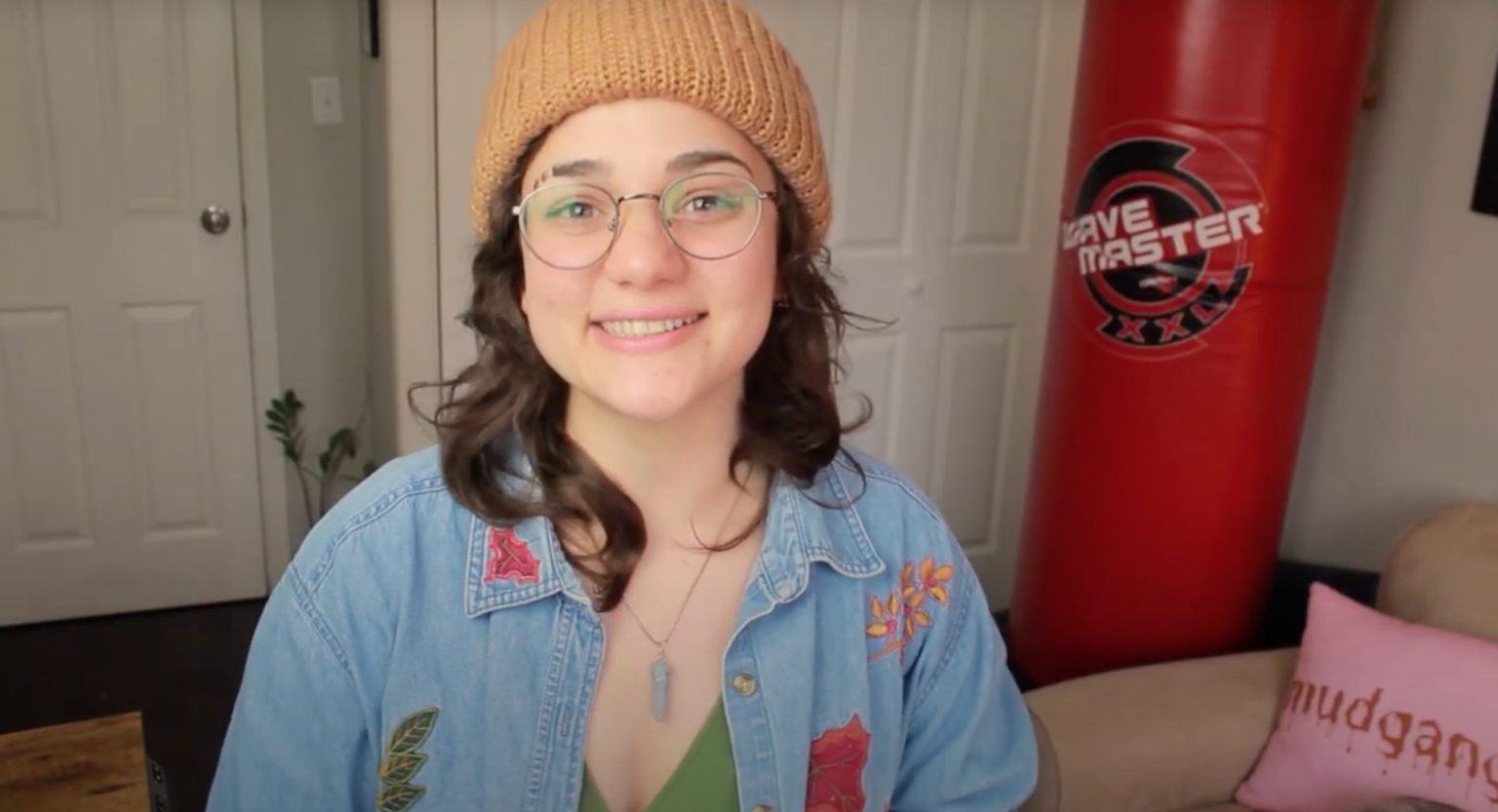In a recent Q&A video, Hannah, a writer and content creator, shared her experiences and insights on self-employment. With 14,000 subscribers on her YouTube channel, Hannah has successfully transitioned from a traditional job to full-time self-employment. This article explores her journey, income streams, and advice for aspiring self-employed individuals.
The Transition to Self-Employment
Hannah’s transition to self-employment was relatively smooth. After graduating college, she stayed in her hometown for a couple of years, working as a barista and in home care while publishing her first book and growing her platform. In 2018, she made the leap to full-time self-employment.
During her first year of self-employment, Hannah earned $9,000, which was approximately 73% of her net income. Despite the modest earnings, she persevered and has since achieved significant milestones, including purchasing her first house in 2021.
Diversifying Income Streams
Hannah emphasizes the importance of diversifying income streams for self-employed individuals. Her main sources of income include:
- Patreon: Supporters pledge monthly amounts in exchange for perks such as early access to videos, behind-the-scenes content, and writing workshops.
- Skillshare: Hannah earns royalties from her classes and referral bonuses.
- YouTube: While not a significant direct income source, it helps promote her other offerings.
- Sponsorships: Collaborations with brands provide additional income.
- Twitch: Subscribers pay monthly for access to exclusive content and emotes.
- Content creation for clients: Writing articles, making videos, and producing classes for others.
- Book royalties: Hannah’s books, including her debut “Little Birds,” continue to sell well.
- Freelance work: Manuscript critiques, professional development, and consultations.
Time Management and Work-Life Balance
Hannah addresses the importance of maintaining a healthy work-life balance. She emphasizes that spending time on leisure activities, such as watching TV, is not inherently detrimental to productivity. Instead, she views engaging with different forms of storytelling as beneficial to her writing skills.
To manage her workload, Hannah divides her tasks into weekly blocks:
- First week: Filming and editing YouTube content
- Second week: Patreon content, writing jobs, and freelance work
- Last two weeks: Writing personal projects
However, she acknowledges that this schedule can be disrupted by unexpected events or commitments.
Building an Author Platform
Hannah credits her YouTube channel as the most significant factor in becoming a full-time author. She emphasizes the importance of building a platform and engaging with your audience. Some of her tips include:
- Replying to comments on YouTube videos
- Asking questions and encouraging audience participation
- Creating content that allows people to talk about themselves
For those looking to build their author platform, Hannah suggests identifying your target demographic and meeting them where they are. Different platforms may be more suitable depending on your genre and audience.
Freelance Work and Client Management
Hannah shares her approach to freelance work, including pricing strategies and client management:
- Research competitors’ prices and adjust based on demand
- Showcase skills through content creation (e.g., YouTube tutorials)
- Take full payment upfront to avoid potential issues
- Handle dissatisfied clients professionally and maintain clear communication
Tips for Aspiring Self-Employed Individuals
For those considering self-employment, Hannah offers the following advice:
- Create a list of assets and skills
- Identify your goals and desired outcomes
- Develop multiple income streams before quitting your day job
- Build savings to provide a financial cushion
- Research your target market and create content that resonates with them
- Continuously improve your skills and adapt to market demands
Future Plans and Growth
Hannah aims to focus more on creating her own content and reducing her freelance workload. She is also launching an indie writer incubator program to help aspiring authors build their platforms and complete their manuscripts.
As she continues to grow her business, Hannah plans to offer more consultation services for indie writers, leveraging her experience in marketing, writing, social media, and book production.
Frequently Asked Questions
Q: How long does it typically take to establish a sustainable income from self-employment?
The time it takes to establish a sustainable income from self-employment varies greatly depending on factors such as your industry, skills, and marketing efforts. In Hannah’s case, it took about a year of working on her author platform before she could support herself. However, it’s important to note that this timeline can be different for everyone, and it’s advisable to have savings or a part-time job while building your self-employed career.
Q: How can I balance creating my own content with client work as a freelancer?
Balancing personal projects with client work can be challenging. Hannah suggests allocating specific blocks of time for different tasks, such as dedicating certain weeks to client work and others to personal projects. Additionally, consider outsourcing some work to vetted professionals as your business grows, allowing you more time to focus on your own content creation.
Q: What are some effective ways to market myself as an indie author?
Effective marketing strategies for indie authors include building a strong online presence through platforms like YouTube, Instagram, or a blog. Create content that showcases your expertise and engages your target audience. Participate in writing communities, attend literary events, and collaborate with other authors. Consider using platforms like Submittable.com to find publishing opportunities, and focus on niche markets that align with your writing style or background to increase your chances of success.
Q: How do you handle the financial uncertainty of self-employment?
To manage financial uncertainty, it’s crucial to diversify your income streams and maintain a savings buffer. Hannah recommends using a running average of your past few months’ income to estimate future earnings. Additionally, budgeting conservatively and continuously seeking new opportunities can help mitigate financial risks. As your self-employed career stabilizes, you may find that your income becomes more predictable, making it easier to plan for the future.







